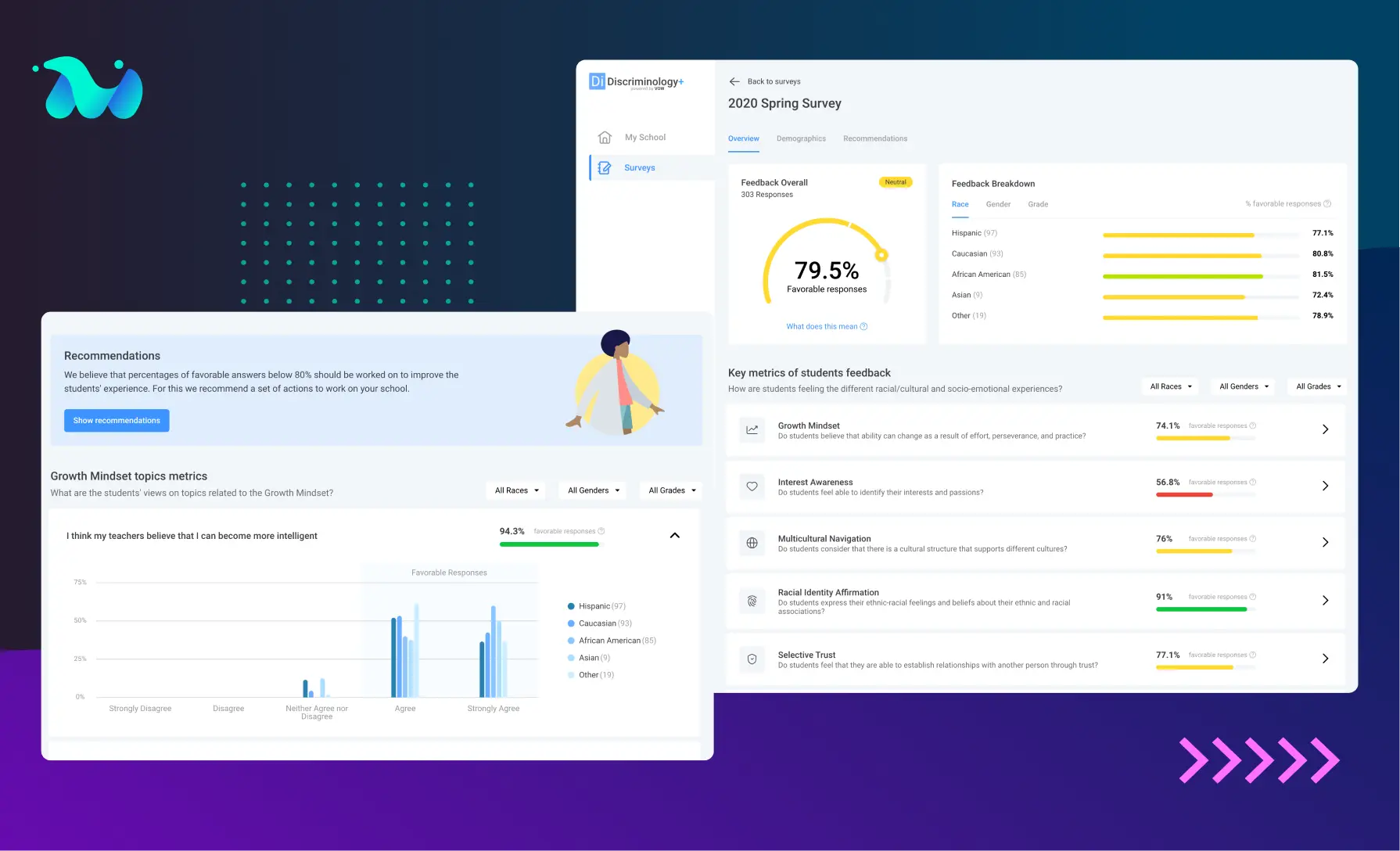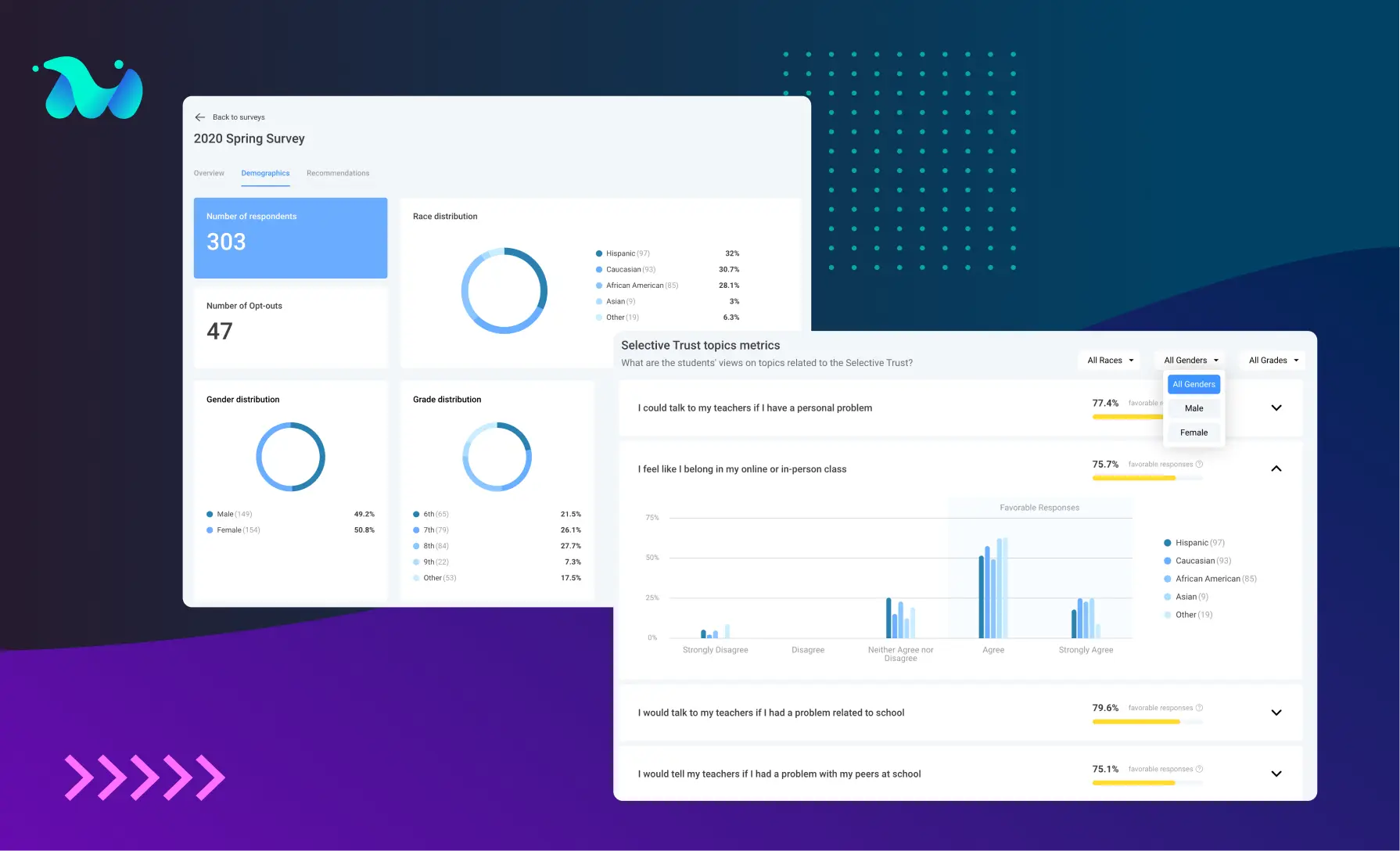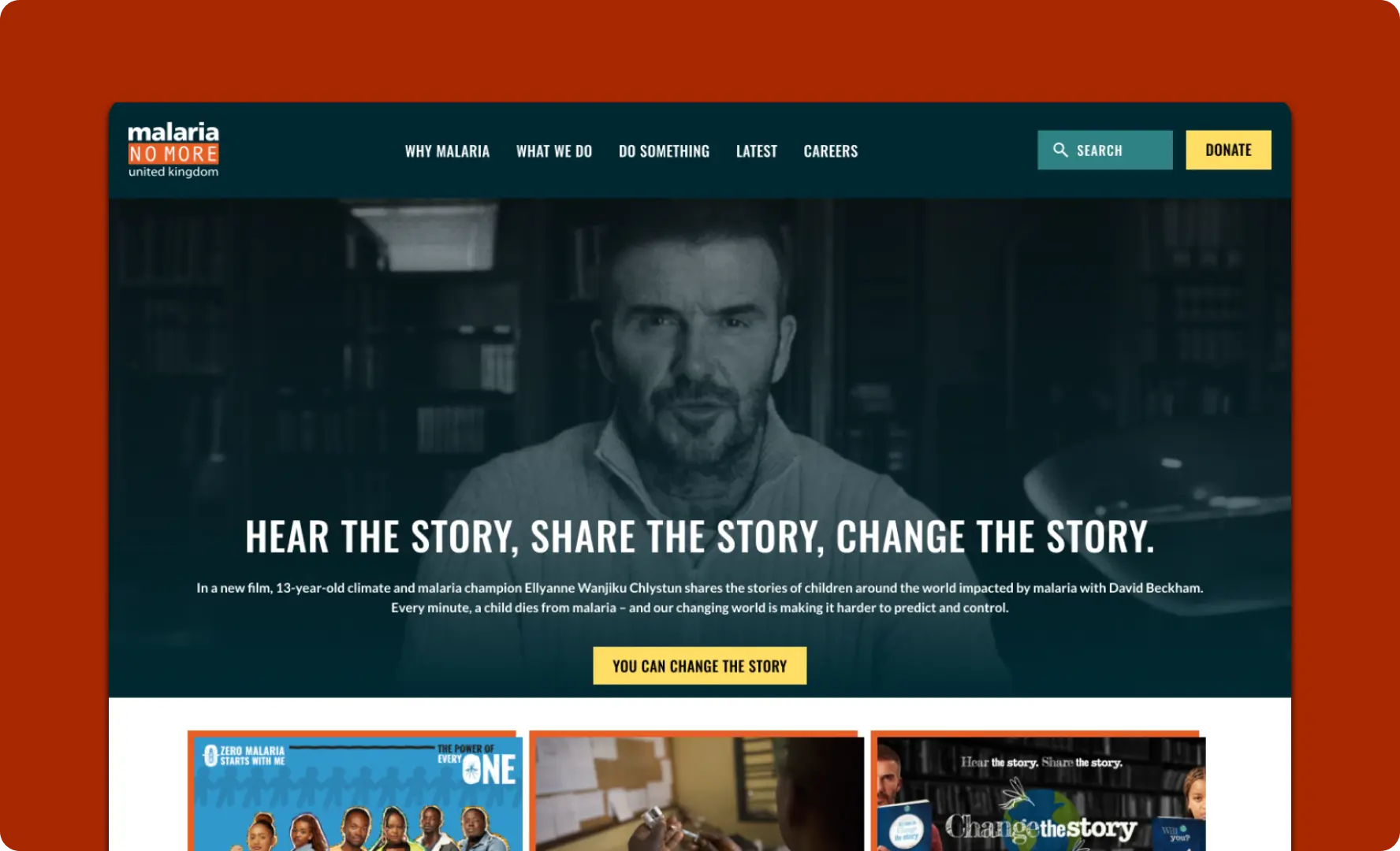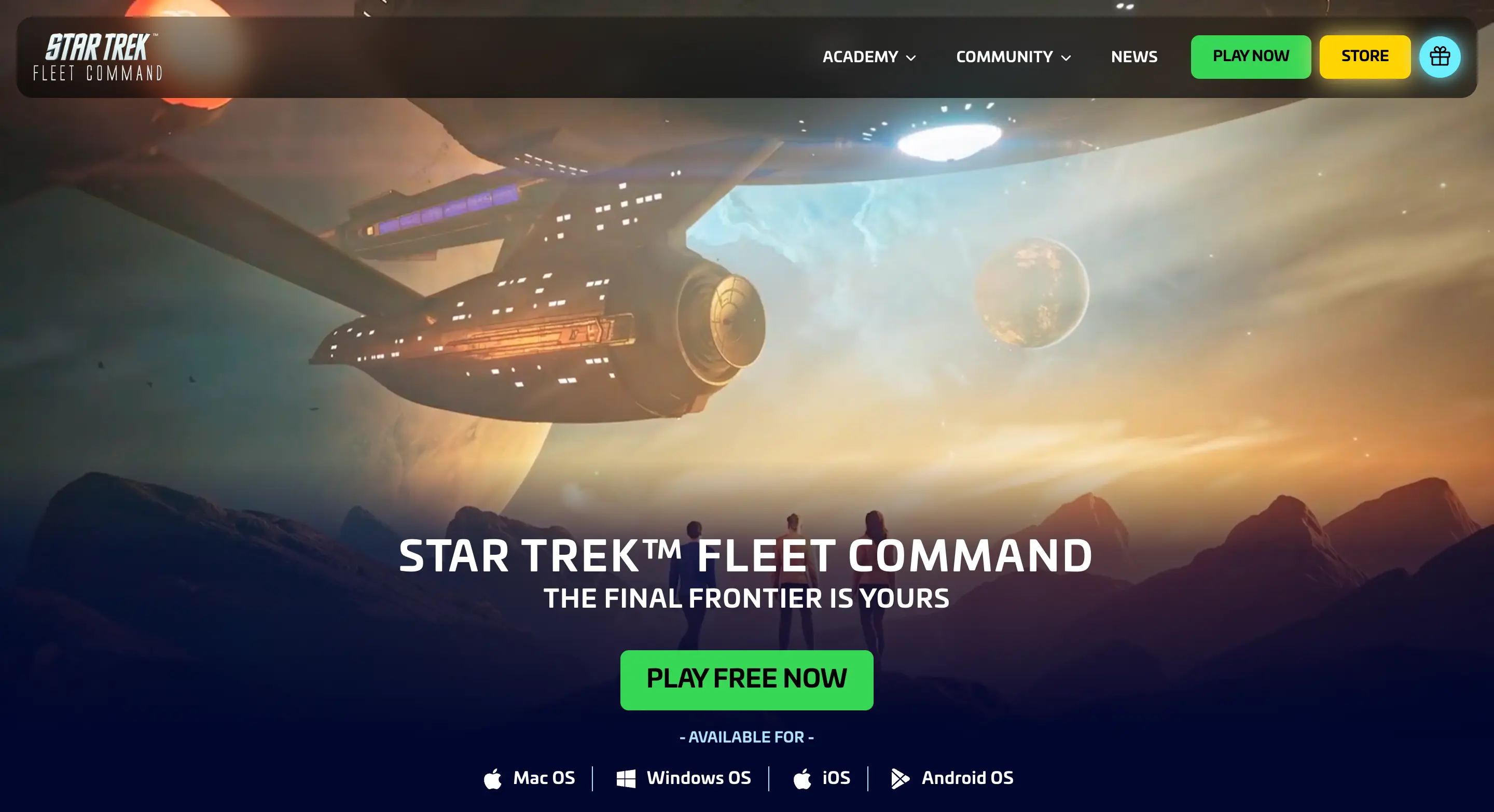About
Discriminology is an American Start-up aiming to leverage technology, data, and human capital to advance the social, civic, and economic strength of Black and Brown communities by ensuring their youth have equal opportunities for success through equitable opportunities to learn.
The Discriminology Plus platform aims to address the racial inequity children face in schools in the USA. The product enables schools and parents from the community to easily undertake surveys with students and instantly see the results in an intuitive dashboard.
The data visualisation approach of the project allows users to see details about the survey scores and a list of recommendations for tackling any possible racial inequity issues.
Marzee team was responsible for developing the Minimum Viable Product (MVP) to digitize the survey process that the Discriminology and Village of Wisdom (VoW) teams were doing manually.
We worked closely with Major, who was responsible for all the Product Design and UI/UX processes.
Cover image by unsplash





